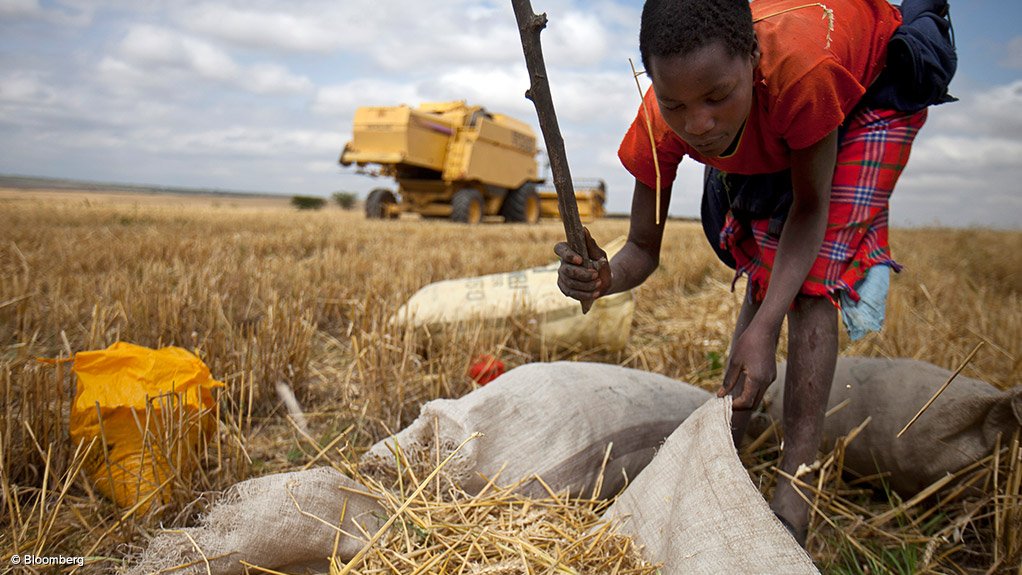The United Nation Economic Commission for Africa (ECA) has cautioned that ill-designed trade policy in Africa could reverse the course of industrialisation and temper the continent’s graduation up the global supply chain.
“There is empirical evidence of a bidirectional relationship between industrialisation and trade. It is important to gear trade policies towards national development objectives and be selective in specific sectors, as the endeavour is costly,” ECA deputy executive secretary Abdalla Hamdok said on Monday.
He was responding to the release this week of the 2015 edition of the Economic Report on Africa (ERA), dubbed ‘Industrialising through Trade’, which was launched by Ghanaian Trade and Industry Minister Dr Ekow Spio-Garbrah and adviser to the Ethiopian Prime Minister Dr Arkebe Oqubay, during the Conference of African Ministers of Finance and Economic Development, in Addis Ababa.
This year's report built on the key messages of the previous editions of ERA and focused on industrialisation and structural transformation.
Spio-Garbrah asserted at the launch of the report that Africa needed to focus on cross-border trade, calling on policymakers on the continent to translate the ERA recommendations into actions.
“We need to focus on three issues to engage in the global market. One, improve and deepen exports. Two, ensure the domestic market is integrated. Three, be cautious on the overshooting of the service sector while manufacturing is yet low,” added Oqubay.
Meanwhile, ECA Macroeconomic Policy Division head Adam Elhiraika believed Africa's growth prospects remained positive, despite strong headwinds, with increased private consumption and investment being the key drivers of growth this year.
“The current account deficit is expected to remain high, owing to trade deficits and increased demand for capital goods. Stable inflation underpins Africa's economic performance, as it is expected to decline from 6.9% in 2015 to 6.7% in 2016.
“Private capital inflows are expected to remain strong this year, thanks to improved business climate and profit prospects,” he maintained.
Elhiraika cautioned, however, that innovative strategies to mobilise domestic and external resources were needed for Africa to bridge the domestic resource gap.
“Some of the challenges that Africa faces in the midterm are the slowdown in oil and commodity prices, slow recovery in developed countries, tighter global monetary policies, weather-related shocks and political instability.
“However, Africa's underlying fundamentals for long-term growth remain robust. To ensure resilient economic performance through industrialisation, Africa must adopt social development strategies that are consistent with the expansion of modern services and industrial sectors," he said.
Outlining that trade could be a tool to promote industrial development and structural transformation, ECA Regional Integration and Trade Division director Stephen Karingi believed a successful trade-induced industrialisation should be interactive and cohere with a country's development strategy.
He added that African firms appeared to be increasingly connecting to global value chains, but were mainly confined to the lower-end activities with limited domestic value addition.
“The scope for global value chains to support structural transformation is, hence, largely untapped, particularly for what pertains to regional value chains and intra-African trade,” he argued.
EMAIL THIS ARTICLE SAVE THIS ARTICLE
To subscribe email subscriptions@creamermedia.co.za or click here
To advertise email advertising@creamermedia.co.za or click here











